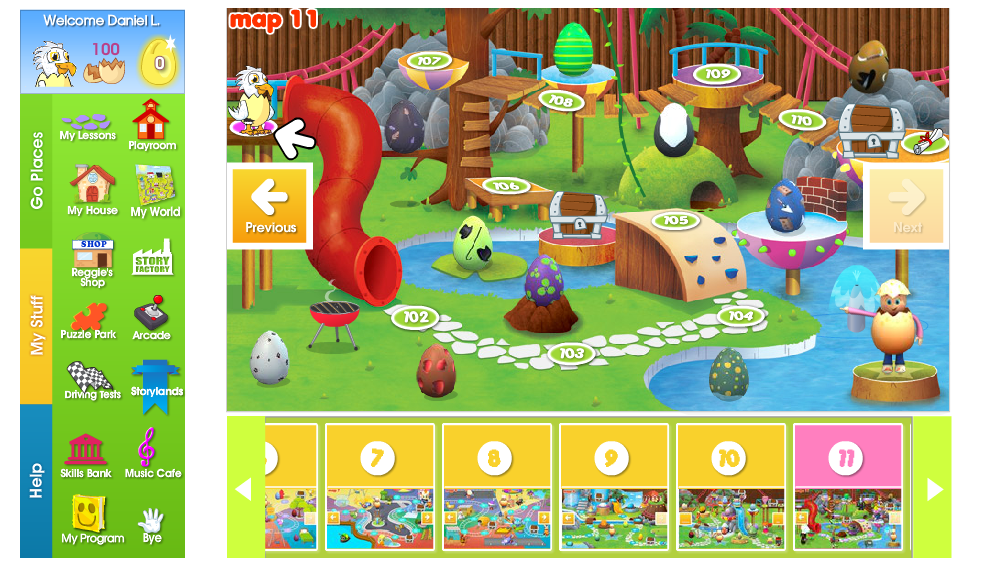Pros and Cons of Homeschool Cooperatives
Homeschool co-ops offer many benefits to homeschooling families: a support system, socialization, and educational classes- just to name a few. However, as with any good thing, there are some drawbacks to them as well. Explore both the positive and negative aspects of homeschool cooperatives, before becoming involved, so that you can be confident that your decision is the right one for your family.
The Pros
Families often turn to homeschool cooperatives as a way to supplement their home education curriculum, and to socialize with others in the homeschool community. There are many benefits to co-ops- for both mom and kids.
- Classes that many families find difficult to teach at home, such as: biology, algebra, art, physical education, drama, and so forth.
- Classes at a fraction of the cost of taking the same courses through a community college, or other avenue. This is especially so when there is a heavy emphasis on parental participation.
- A support system, and accountability, for the homeschooling family.
- Provides socialization for both mom and students with other like-minded, homeschooling families, in a controlled environment where the negative aspects of peer pressure may be less problematic.
- Various other activities in addition to classes may be offered, such as: field trips, special speakers, chance to participate in Christmas and spring programs, plays, support group meetings, moms night out, and even prom nights.
The Cons
As with anything in life, there is a good side to homeschool co-ops and a bad side. Before becoming involved in a cooperative, it is wise to consider the potential negative aspects of participation.
- Cooperatives are time-consuming, especially true the more frequently they meet. A once-a-week co-op takes a day away each week from your other academic studies. It is also common for the co-op curriculum to take priority over your own home education studies in order to keep up.
- It can be difficult to re-focus your children on their homeschool studies, in order to finish out the school week, when co-op classes are held mid-week as opposed to meeting on a Friday.
- Cooperatives can be draining, particularly for mom, and particularly when intense parental involvement is required.
- Some children don’t function well in a co-op environment. Boys, in particular, may find it difficult to sit still for long periods of time, especially young ones.
- The addition of other activities can add greatly to the stress, and pressure to perform, on the entire family. Even Dad, who may not be actively involved in the cooperative may feel stressed by the extra demands.
A Word about Peer Pressure
Peer pressure is everywhere, even among homeschoolers. Homeschool moms are not immune either. Moms often experience pressure to use a specific method or curriculum; to schedule or not to schedule; to be intensely involved in their child’s schooling, or take a more relaxed, hands-off approach.
Then there is the pressure, however well-intentioned, in other aspects of family life: discipline methods, family planning, even which minivan to purchase. It can be difficult to do what is right for your own family when other respected, and more experienced, mothers are suggesting you should try doing things their way.
Making the Decision
Carefully weigh your decision to participate in a homeschool co-op, and talk it over with your husband. While cooperatives offer many positive experiences for your children, and yourself, it is also a commitment of time and energy.
If you are interested in a specific co-op group, inquire about visiting on day when classes are in session to observe how they function. Find out exactly what is required from you and your children; and ask for a full disclosure of all fees involved, or anticipated.
In the end, regardless of the decision you make, don’t feel guilty. Do what is best for your family, and your home education program. Your kids will turn out just fine!
Related Articles:
The Basics of Scheduling Your Homeschool Day
Written by Crystal Killion






